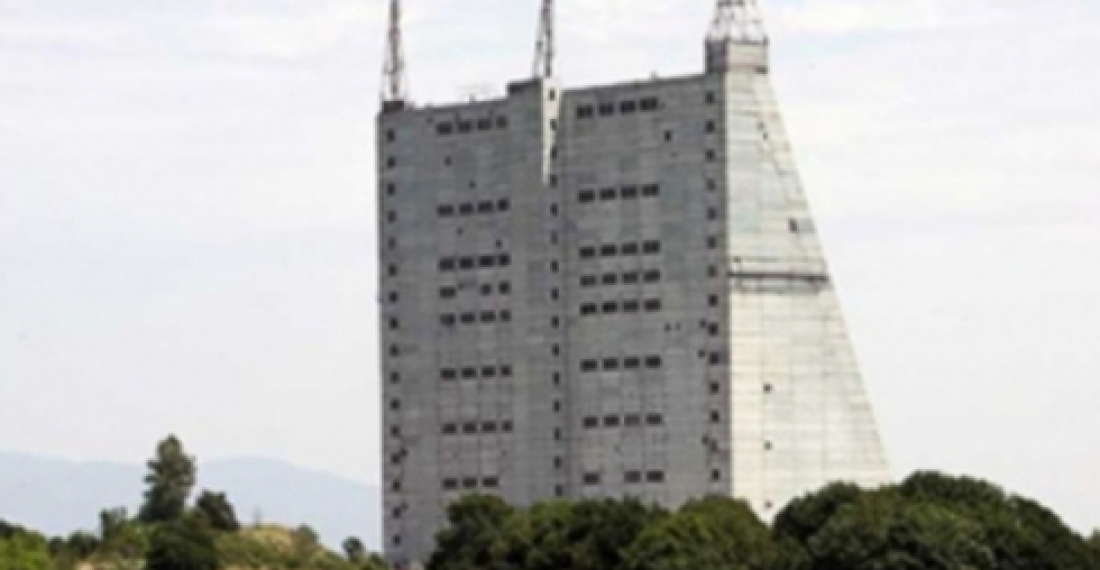The Russian military radar facility in the Azerbaijani region of Gabala is fast becoming a symbol of the Russian dilemma in how to manage relations with its neighbours. Gabala is the only Russian military facility left in Azerbaijan and the Russians are keen to hold on to it for political more then military reasons. The agreement on the facility expires at the end of this year, and negotiations for its renewal have been going on for more than a year.
The latest reports in the Russian media suggest that differences in the negotiations have arisin over the length of the new agreement. Russia wants a 49 year agreement, similar to the one it signed recently with Armenia for military facilities there. Agreements for 49 years have also been signed to secure Russian military facilities in the Georgian secessionist territories of Abkhazia and South Ossetia.
Many however have criticised the length of these agreements and the implication that the facilities are permanent rather than temporary. Azerbaijan reportedly, only wants to sign a short term agreement of 5-7 years for Gabala.
It is not clear where the ngeotiations are with regards to two other contentious issue: the cost of the rent and the Azerbaijani demand to make Gabala a dual use facility, enabling Azerbaijan to benefit from the data of the facility. Both issues were mentioned earlier this year when negotiations were ongoing between the Defence Ministries of the two countries.
For different reasons neither the Russian nor the Azerbaijani government want to escalate the problem, and the negotiations are being held outside the public eye. But Gabala has become an increasingly interesting topic to the Russian media. One of the reasons is that parallel to the inter-governmental negotiations another process is ongoing which is likely aimed at cutting costs at the facility.
Yesterday's issue of Nezavisimaya Gazeta carried a front page article by Viktor Litovkin headlined "Gabala's female revolt" in which he says that the wives of Russian officers working at the Gabala radar facility in Azerbaijan have complained to the president about the Defence Ministry's plans to close a local kindergarten and school. The closures are part of a plan to reduce the number of personnel at the facility.
At a time when the Russian military is embarked on an ambitious programme of streamlining and modernisation it finds itself having to deal with similar situations like Gabala throughout the former Soviet space and beyond, where the political significance of the facility now outweigh the military considerations.
In the end the issue of Gabala will be resolved not on military considerations but on political ones. The result will tell us a lot about where relations between Russia and Azerbaijan stand at the moment.
source:commonspace.eu
photo: The Russian Radar facility at Gabala (archive photo)







